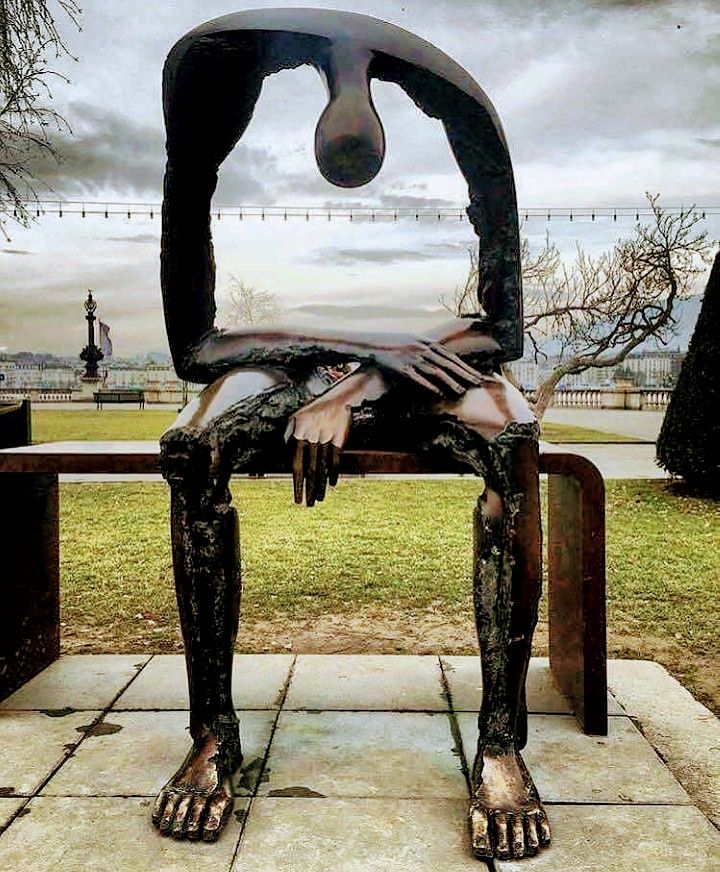Restore Wellbeing
Grief can often affect your relationships, work, sleeping patterns, energy levels, appetite and physical health. For some, it can develop into a serious health issue.
It’s normal to feel sad, numb, exhausted, angry even guilty following the death of a beloved child. We're here to offer wellbeing suggestions that may help.

As for the ‘five stages of grief’, we’ve found that sadness is not a continuum, as the pain of losing a child doesn’t have an expiry date. Grief can flare up at any time whether it’s a milestone missed, an insensitive remark or nothing in particular! A broken heart can take years to heal but “the cracks can let in the light”.
If you aren’t feeling generally better over time, it may be a sign that your grief has developed into something more serious. It’s OK to say you’re struggling and ask for help over the months and years to follow. Talk to your GP about your feelings and find out what support is available in your area. Consider talking to a professional grief counsellor and work together (with your GP) on a self-care plan. Some of us have done this.
Above all, realise you’re not alone, be gentle on yourself and seek help if you need it.
Wellbeing suggestions
The wellbeing suggestions provided here are from our own hard-learned experience combined with recommendations from the depression.org website.
It is not intended to replace the advice of your health professional.
Joyful Movement
Kori tinana
Keeping physically active and getting adequate rest can make a difference to how you feel.
Joyful Awareness
Whakaaro pai
Being able to identify your feelings and actions, and discovering mindfulness.
Joyful Nourishment
Kai ora
Ensuring you eat a balanced diet can aid in your grief journey.

Contact Us
We don't run grief support groups, provide counselling or therapeutic advice. We do help parents connect with others and share resources.
Note: If you need urgent help, please contact your GP or head here.
